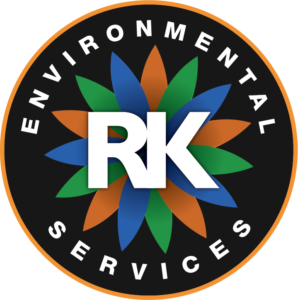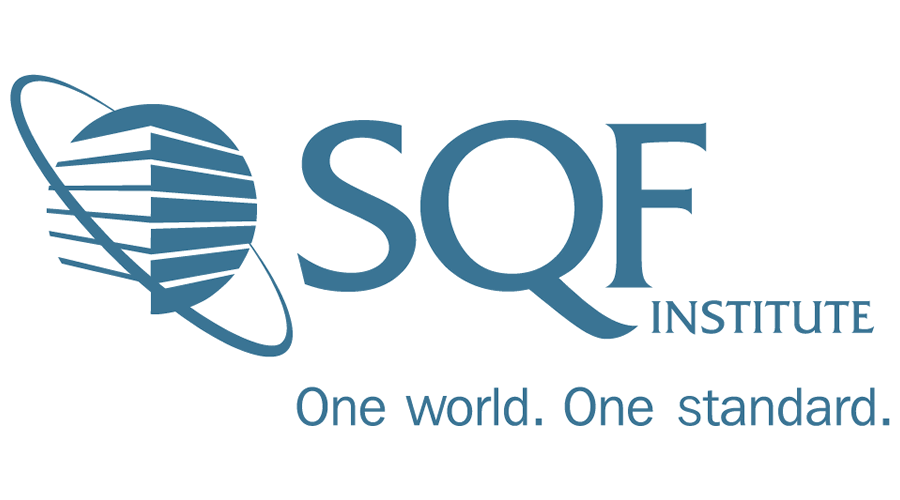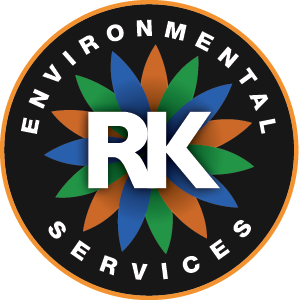COVID-19 Crisis Response Preparedness
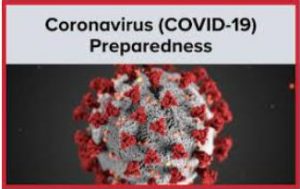 The first documented case of COVID-19 in the U.S. was January 21, 2020. From this date to February 4th, a total of 293 persons from 36 states were patients under investigation (PUIs). 11 of the PUIs were confirmed to have COVID-19 and they were from five different states. And so, it began. Little did we know at that time, the impact that this novel virus would have on the world, our country, and essential businesses, like the food industry.
The first documented case of COVID-19 in the U.S. was January 21, 2020. From this date to February 4th, a total of 293 persons from 36 states were patients under investigation (PUIs). 11 of the PUIs were confirmed to have COVID-19 and they were from five different states. And so, it began. Little did we know at that time, the impact that this novel virus would have on the world, our country, and essential businesses, like the food industry.
It may be fair to say that no one would have believed that literally over a few days, life as we knew it would take a 180-degree spin and place the food industry in a predicament that at best, we try to plan for on an annual basis with a simulation. This would only be if you were GFSI (Global Food Safety Initiative) certified and it would be fair to guess that not many Crisis Management/Business Continuity plans for food manufacturers had a pandemic listed.
Having a Crisis Response/Crisis Management Plan in-place is smart business for your company and for your customers. If properly designed and tested, it will assist you in key areas of your business that are mission critical to being able to meet employee and customer expectations while addressing the immediate crisis. Key areas like employee health and hygiene, product safety and security, internal and external communication, and customer assurance are part of a robust crisis plan.
For COVID-19, there is no evidence that food or food packaging is a means of transmission for the virus. This is great. Unfortunately, the focus of the virus is on the employee. The virus is transmitted through respiratory droplets, which may be inhaled or transmitted through touching a surface that was contaminated then touching your face (eyes or mouth). Proper sanitation and disinfection along with employee health and hygiene is mandatory to provide a safe environment for your employees. These areas must be in your plan.
Crisis management for the food industry for COVID-19 is assuring that your company is doing everything it can to keep your employees healthy so the supply chain can continue to deliver food to the country. Increasing the sanitation and disinfection of frequently contacted surfaces, practicing social distancing in your facility, and evaluating employees before and during work and those that are sick, are just a few key activities each company must take at this time.
What this pandemic has done for all of us has been to broaden our scope for crisis management plans and provide vital new components to combat a biological hazard in the future.
Submitted by: Mark Dargay, Director, Regulatory Compliance
COVID-19 In Retail
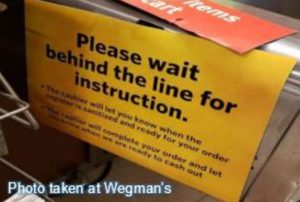 The Corona virus has hit the retail industry hard. This pandemic has placed a significant amount of stress on the US over the last 30 days. The impact of Coronavirus on essential businesses (supermarkets and other food purveyors) increased the potential of contacting the virus. Many facilities have taken restrictive measures to help control the spread. This strain has elevated employee absenteeism and depleted essential food and goods. Markets are working to recover essential inventory such as paper goods and chemical supplies. At this time the stores are working overtime to keep the environment safe and provide protective measures for their patrons and employees.
The Corona virus has hit the retail industry hard. This pandemic has placed a significant amount of stress on the US over the last 30 days. The impact of Coronavirus on essential businesses (supermarkets and other food purveyors) increased the potential of contacting the virus. Many facilities have taken restrictive measures to help control the spread. This strain has elevated employee absenteeism and depleted essential food and goods. Markets are working to recover essential inventory such as paper goods and chemical supplies. At this time the stores are working overtime to keep the environment safe and provide protective measures for their patrons and employees.
An ounce of prevention is worth a pound of the cure. This is the time where you will see which markets have great plans in place. Organizations with emergency plans in place had some essential supplies in an emergency stock pile. Those stores or organizations that did or do not have plans in place are continually scrambling to establish protective measures. This pandemic has exposed many companies’ emergency plans.
The 2005 FDA Food Code took a direct aim at the spread of foodborne illness, it however does not take on nonfood communicable illness. Nonfood related illness polices are left to the discretion of each employer. Preventative measures for both food and nonfood related illness are the same. With the knowledge that You can only control what you can control. It is imperative that facilities and consumers take effective preventative measures.
Retailers:
• S. S. E. H. N. – Send Sick Employee Home Now.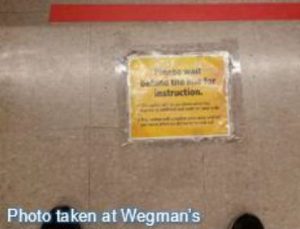
• Restrict ill or suspected ill persons
• Excluded confirmed ill persons
• Dispose of any food items that may be contaminated
• Actively Monitor personal hygiene
• Review importance of social distancing with team daily
• Minimize contact with customers
• Ensure hand washing stations are properly equipped daily
• Ensure gloves are protected in clean containers
• Wipe down touch points, doors, handles, knobs, keys, phones, etc. frequently
• Limiting number of customers inside stores to encourage social distancing
• Utilize a disinfection service to reduce any viral pathogens.
Consumers:
• Avoid touching item that you are not going to purchase
• Avoid touching your eyes, face, mouth, ears or nose
• Cover any open cuts
• Discard any used gloves or masks in a trash can
• Wash your hands after putting away your groceries
• Remove your shoes at the front door and spray bottoms with a disinfectant
